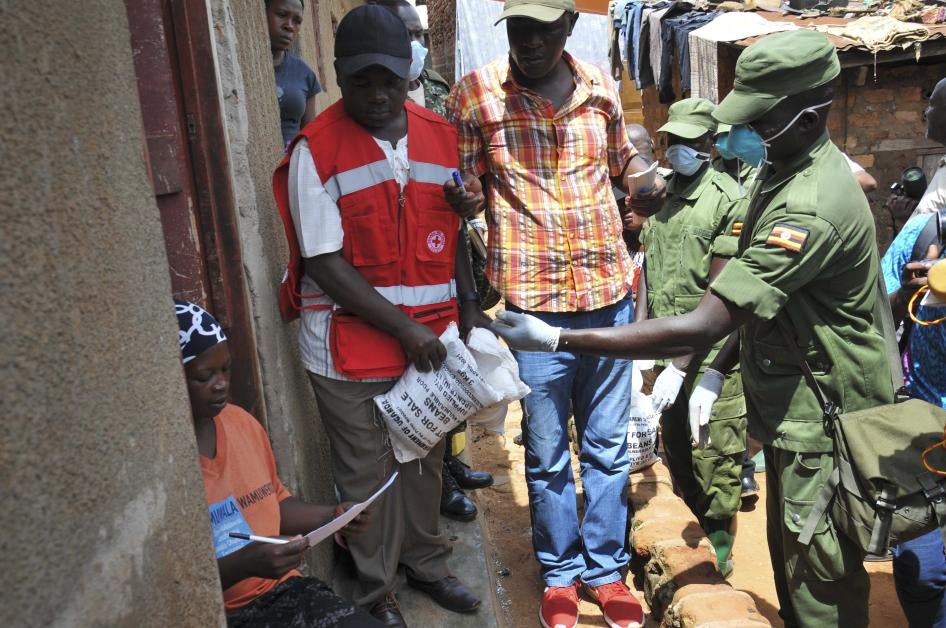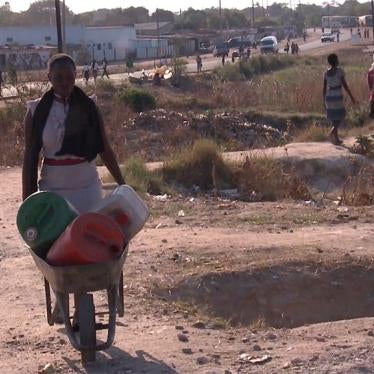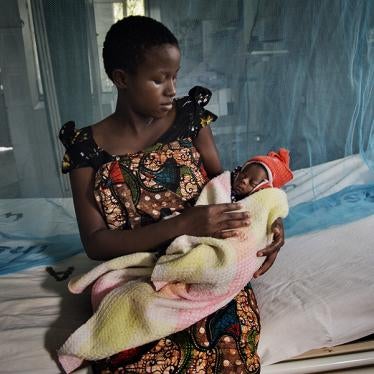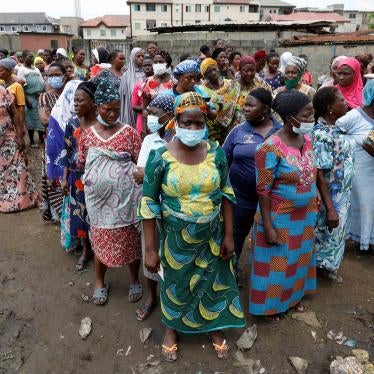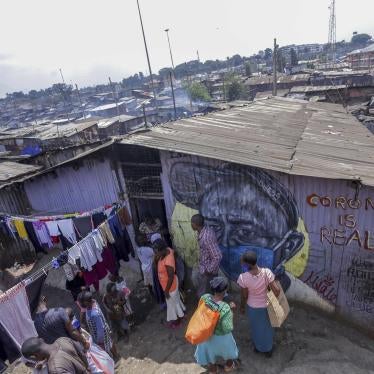Uganda’s sweeping measures to curb the spread of Covid-19 have serious implications for low-income people. In the past month the government closed schools, suspended public and private transport, and ordered non-food shops and markets to close.
This goes on until May 5. But as people grow increasingly worried about hunger and hardship from losing their livelihood, government has yet to present a comprehensive support plan. Food assistance, which began on April 4, is been insufficient and is restricted to targeted urban areas.
This lockdown is unimaginable for the estimated 5 million Ugandans who live in informal settlements. Many live without electricity, water, and sanitation, making them all the more vulnerable to infection with Covid-19.
In the past few years, health expenditure has dropped down the list of government priorities. Uganda’s public health expenditure declined from 12 percent of GDP in 2006 to 6 percent in 2016. While private health care centres generally offer higher quality services, user fees place them out of reach for low-income Ugandans.
Covid-19 patients are currently tested and treated in public hospitals, but as capacity becomes a concern the government needs to support free Covid-19 testing and treatment, and other essential services such as maternal healthcare, in private facilities for those who cannot pay.
Reports indicate that already the combined ban on public and private transport, and a scarcity of public ambulances has cost the lives of women in labour. Some street and market vendors, most of them women, continue to leave their houses and sell goods to earn a living, at the risk of contracting the virus or potential violent responses from law enforcement agents.
The government estimated that 2.6 million Ugandans may fall into poverty because of Covid-19, and started distributing food to vulnerable households, targeting 1.5 million people in Kampala and Wakiso.
The aid is insufficient considering that about 21 percent of the population live in poverty. At the same time, closing schools has created an additional financial burden for low-income families, because most schools provide meals.
Under international human rights law and Uganda’s constitution, everyone has a right to an adequate standard of living for their health and well-being.
In addition to ensuring that people get accurate information about Covid-19 and prevention measures, as well as testing and treatment, the government needs to take other steps to protect people’s rights during the lockdown.
Existing programmes to help people in need should be scaled up to guarantee rights to food, water, and health. Health facilities, goods, and services should be available and affordable. Direct cash transfers, targeted provision of basic needs, and a moratorium on rents, evictions, and water and electricity charges can help those most in need.
The government should seek active community engagement to identify the people who need help. Specific attention is needed for at-risk groups, including women, children, displaced people, older people, people with disabilities, and women-headed households, who are more likely to live in poverty and be harmed by the economic impacts of the pandemic.*
Informal settlements should not be ignored, and informal vendors should not be punished. On the contrary, the government has to create the conditions to make the lockdown work for everyone. Lives literally depend on it.

